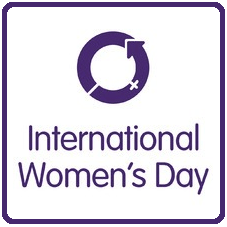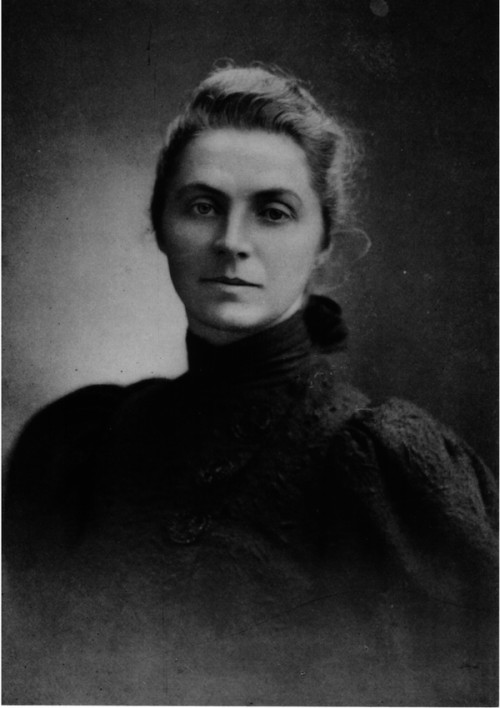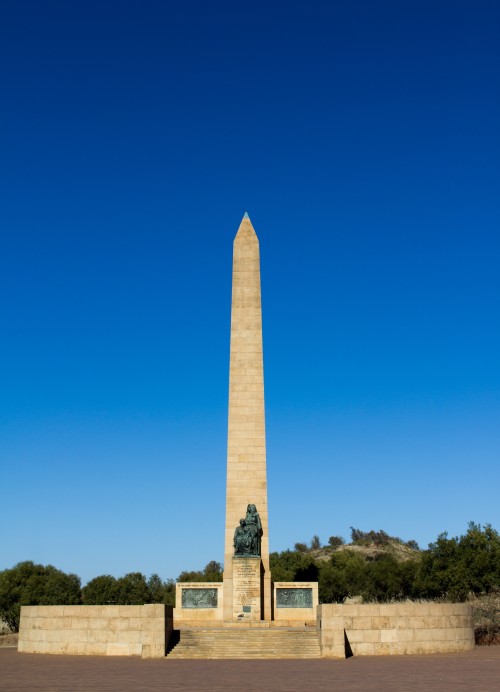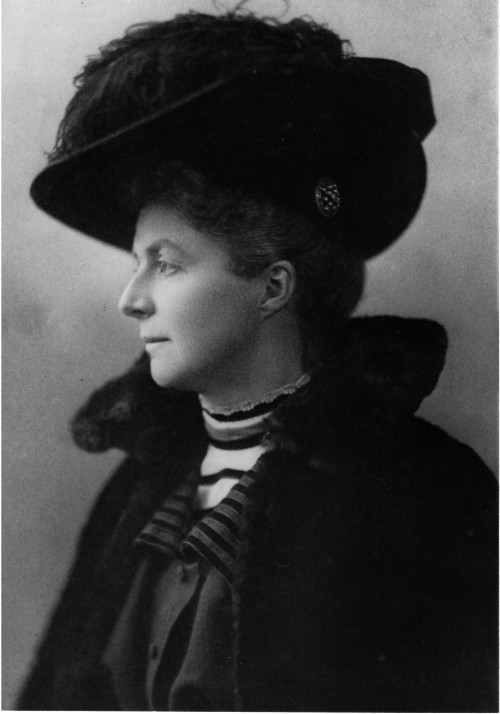... it is clear to see why any attempt to highlight poor female representation both in history and today needs to be made, and to be taken seriously as a mainstream, rather than a niche, problem.
 This week we have discussed, debated and explored a variety of topics from 'where did Cornish women go to be nuns' (there were no nunneries in medieval Cornwall) to what shall we do for International Women's Day on 8 March.
This week we have discussed, debated and explored a variety of topics from 'where did Cornish women go to be nuns' (there were no nunneries in medieval Cornwall) to what shall we do for International Women's Day on 8 March.
A recent analysis of women's roles in British society by Unlock Democracy showed that in spite of making up 51% of the population women don't even make up one-quarter of British MPs:
Read Gender Balance. The canary in the mineshaft
Here in Cornwall and Scilly, the figures for political representation are in fact slightly better. Women make up nearly 27% of the Cornwall Council membership (33/123).
I had been in error before thinking the Cornish figures to be worse than central government representation. That said, there are daily changes reported by the media with resignations and many changes of colour. We will revisit these figures following the next Cornish elections in May.
Cornish Women's Year?
Do you want to be part of something special and really help make Cornish women's history count?
Against this backdrop it is clear to see why any attempt to highlight poor female representation both in history and today needs to be made, and to be taken seriously as a mainstream, rather than a niche, problem.
We have been thinking about ways to use International Women's Day to start something public and different until 8 March next year when we intend to do something much more high profile.
Our strength is in highlighting and sharing information about women's heritage so what can we do to help contribute positive female role models to young women and girls in Cornwall and Scilly in particular. So a few ideas are:
- Launching a survey on attitudes to women in Cornwall, and archiving the responses so we may repeat the survey in 5 or 10 years time and chronicle any change.
- Finding stories about women from the local papers 100 years ago and publishing them on our website and promoting them online and in the local media on a weekly basis.
- Launch a campaign to publicise one fact a day until International Women's Day 2014 on any aspect of women's heritage and women's lives today in Cornwall.
- Start planning for a big event next year (2014), but what should that be?
Do you want to be part of something special and really help make Cornish women's history count? Why not leave a comment and give us your ideas?
Cornish nuns
Susan Hoyle posed a really interesting question on our Facebook page:
"I believe that there was never a nunnery in Cornwall; there were very few monasteries, but nary a convent. It is said that the low take-up for monasticism in Cornwall is because of the Celtic influence. Whatever the truth of that, convents fulfilled various functions for women and their families in the middle ages: it was a safe place for women on their own -- single women, widows, orphans -- and also for women who were a problem for other reasons. It was also a place where inconvenient women could be locked away. My question is, what institution(s) performed these functions in Cornwall? What happened to women who needed protection? What happened to women who felt the religious vocation? Anyone know?"
We referred it to medieval historian Oliver Padel, also an expert on Cornish history and topography. He confirmed that there were indeed no female monasteries in Cornwall in the Middle Ages. Here is part of his reply:
"There were no female monastic communities in Cornwall. The matter is easy to check now, because Victoria County History of Cornwall, vol. II, Religious History to 1560 (2010) gives a definitive list of monastic communities in the county.
This might not have been seen as a significant lack. Cornwall generally had fairly small religious houses (no abbey, though two just in Devon, at Tavistock and Hartland). Anyone entering a religious community expected to give up their family ties anyway, so going to another county would probably not have seemed exceptional. A bit analogous with people leaving home and going elsewhere to study at university, usually to another part of the country (although admittedly that is temporary, not permanent).
I know of one example of a woman of a Cornish family who went to Devon to become a nun -- Joan daughter of John Arundell of Lanherne (who died in 1435) apparently became abbess of Canonsleigh Abbey in Devon (I don't know at what date, or when she died, though that is probably known): Cornish Wills, 1342-1540, ed. Nicholas Orme (Devon & Cornwall Record Society, 2007), p. 67."
So that left the question, where did women in Cornwall or Scilly who wanted to be nuns go? Susan wondered if the linguistic closeness of Cornish and Breton might have persuaded women to head south to Brittany, or whether they tended to journey into England and beyond? Considering the journey, the need to travel safely and have enough money to be accepted into a religious house, was the religious life the preserve of the more well-off women in the Middle Ages? We hope that Susan carries on her quest and finds those Cornish nuns, wherever they may have gone.
Cornish women at war and women in war in Cornwall
This winter Liskeard Museum is mounting an exhibition on Emily Hobhouse, a Cornish woman speaking out against the South African war and British concentration camps there. We will also be hosting one of our History 51 workshops here on the theme of Women in War (and Peace).
We need your help.
Are you interested in being our War Correspondent? We know there are many other themes related to women and war that we could also explore as part of a workshop, e.g.
the role of women in war, for good or bad, their historical role in armed forces, their work on the home fronts, their role in recording, documenting and preserving stories of war and of course women's roles in peace and anti-war movements.
Remember we will provide support in the form of training and resources to all those leading or helping to co-ordinate History 51 workshops. Please contact us with any and all suggestions or leave a comment here.
Alice De Lisle in word and song
...performing, dancing, role-playing publicly so that Alice slowly seeps back into our community's imagination.
Do you know Alice De Lisle? She was the Patroness of Penzance. History 51 is campaigning to get her officially recognised as part of Penzance's 400th anniversary charter celebrations in 2014. In fact it is 1332 that we should be celebrating as without Alice's charter there would be no 1614 Charter of Incorporation.
A pair of local folk musicians had already heard of Alice De Lisle before we launched our campaign. Thanks to the power of social media, one of our followers alerted us to two songs that had been written using Alice as an inspiration. One was a love song, 'Alice of the Island' - a play on her name and the other was the story of Alice's achievement for Penzance.
They came and demoed the songs to us at the Hypatia Trust yesterday. We were transfixed! They also then sung part of Alice's market charter to us to the tune of the love song. We were delighted when they agreed to look into recorded these songs and to also think of something we could all do for the charter celebrations next year: performing, dancing, role-playing publicly so that Alice slowly seeps back into our community's imagination.
The songs will eventually be recorded and we may even think about a whole album dedicated to stories of Cornish women!
Coincidently one of our contributors, Anna McClary, local Penzance tour guide, was also at Trevelyan House to talk through ideas about creating a school resource back about Penzance history, using Alice De Lisle as a central figure. We talked about activities from colouring in images of the market cross to enacting a play between Alice and King Edward III and then when we heard the songs we thought it logical to include one or more or these as a song children could sing in assembly.
We hope to bring you a recording of Alice De Lisle soon!






